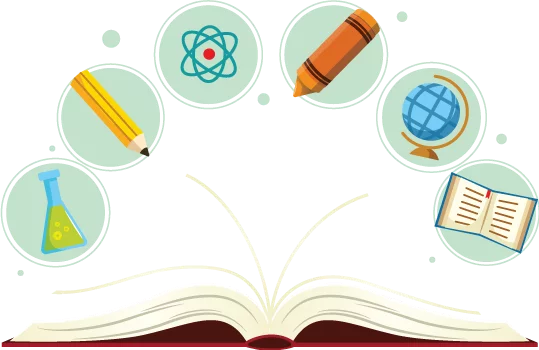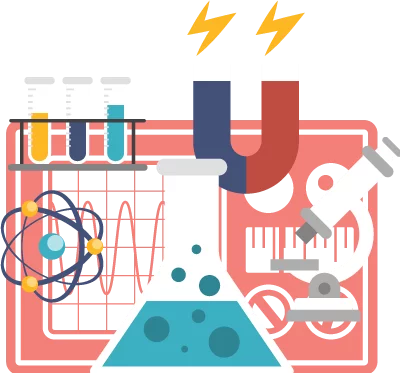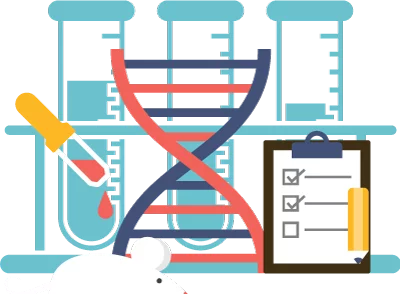Science at ePotentia

Science and data
Machine learning and statistics offer potential to solve many open problems in industry. These solutions, however, do not stem from magic. Creating an ideal engineering solution still requires sufficient domain knowledge. At ePotentia, we pride ourselves in the wide domain knowledge available in our team, ranging from applied biology to theoretical physics. By combining your in-house knowledge with our scientific and data expertise we aim to find innovative solutions to diverse problems. Below we detail various fields we have been active in. Is your field not listed? Don’t worry! Arrange a meeting or skype call with us and we can discuss the details of your specific problem.
Materials
Without materials, there would be no industry. Producing materials can however be tricky, discovering them even moreso. We offer a wide variety of material-related data science services. In a production environment, gains typically stem from automated gathering and analysis of available sensor data, combined with automation of subjective decision processing. Given image data, advanced classification and anomaly detection methods can further aid to improve the production workflow. At R&D level our expertise lies in automated analysis and prediction of experimental data. Virtual screening is also one of our speciality, where machine learning can be used to traverse large search spaces. The data used to navigate the search space can either be provided by experiments or generated using atomistic deep learning models.
Life sciences
Life sciences provide a perfect field of application for data technology. In the field of biostatistics, we have experience processing large-scale clinical trials and environmental studies. Machine learning also offers a wide variety of applications within biological fields. Some of our applications include predictive models for cancer relapse, as well as cancer detection in images. More classical deep learning approaches are also common, including the classification of animals and insects. Finally, our atomistic deep learning models offer new potential in the field of drug design and related structure-property models.

